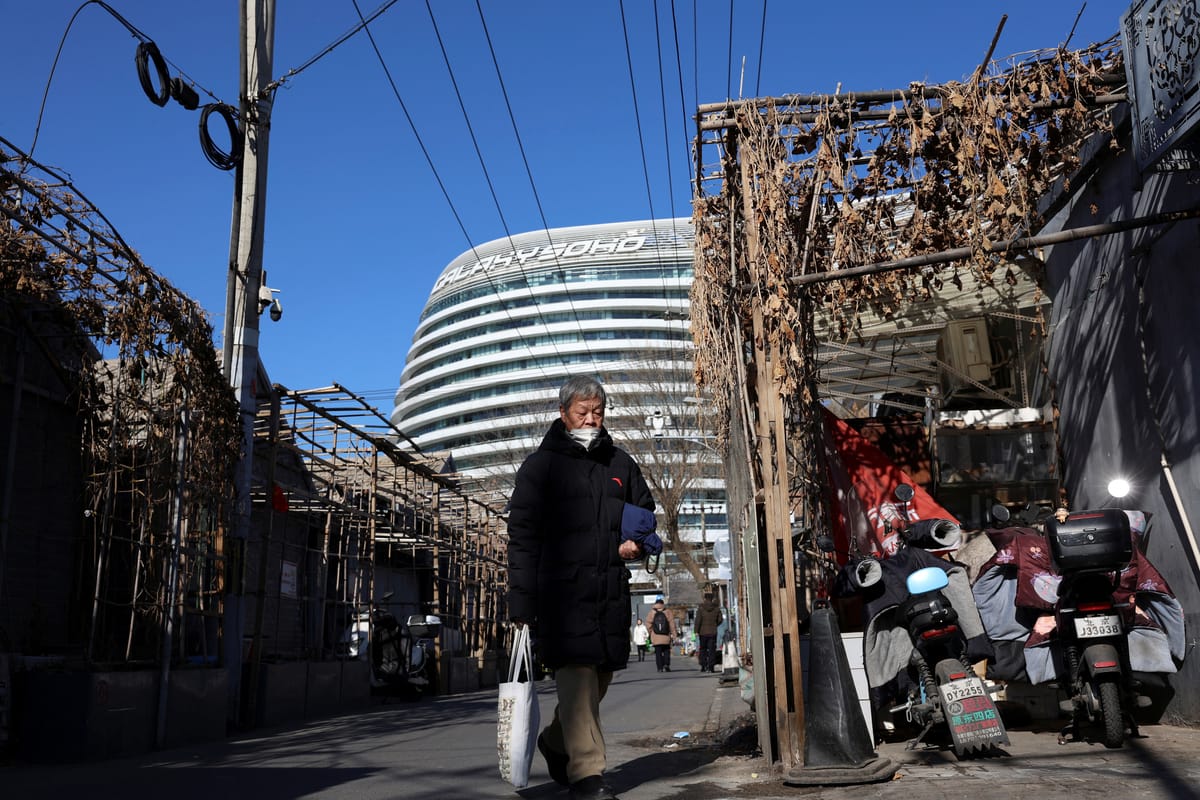LinkedIn report shows 73% worldwide are considering job changes
According to a recent LinkedIn report, there's a big change happening in the Asia-Pacific job market.

A few minutes every morning is all you need.
Stay up to date on the world's Headlines and Human Stories. It's fun, it's factual, it's fluff-free.
The backstory: LinkedIn, owned by Microsoft, hit a big milestone in November – the platform now has over 1 billion members. Originally known for connecting professionals and business networking, it's now a major player in global social media, with around 80% of its new members from outside the US. Like Meta, LinkedIn profits from ads and subscriptions, especially recruitment and sales.
Turning to the job market, recent years have shaken up business per usual after headwinds like the pandemic, inflation and a high cost of living. In 2023, a survey of 196 companies by the Hong Kong General Chamber of Commerce found that 74% of employers were struggling to find talent. To tackle the talent shortage, places like Hong Kong, Japan and Taiwan are adjusting visa rules, even extending stays for graduates, with Taiwan aiming for 200,000 new professionals by 2032.
More recently: In a recent study by Randstad, the world's largest employment agency, a shift in job seekers' priorities came to light. Last year, 57% of participants valued work-life balance more than pay when thinking about changing jobs. This trend is significant – 93% of workers surveyed consider both work-life balance and pay equally important.
The development: According to a recent LinkedIn report, there's a big change happening in the Asia-Pacific job market. LinkedIn found that many professionals, especially younger ones (Gen Z and millennials), are considering changing jobs this year. And it's not just a local thing – around the world, 73% of people share this sentiment, indicating a widespread reluctance to stick with less-than-ideal jobs.
So, why the desire for change? In the Asia-Pacific region, professionals are looking for higher pay and a better balance between work and personal life. Many companies in the area, like in India, Indonesia, Singapore and Australia, are also getting ready to hire more people.
LinkedIn's data also shows something else interesting – almost 60% of professionals in Asia-Pacific are positive about using artificial intelligence (AI) to make their job searches better, more than the global average of 52%. But job-search stress is especially higher in Singapore and Australia, maybe because of higher living costs and the way work is changing after COVID.
Key comments:
“The motivation for job changes often stems from the rising costs of living, prompting individuals to seek opportunities that align with inflation,” said LinkedIn career expert Pooja Chhabria to Bloomberg. “The desire for higher wages is likely due to the need for financial security amidst a challenging economic environment over the past couple of years.”
"Talent is rethinking what ambition means, putting work-life balance, flexibility, equity and skilling at the heart of career decisions," said Randstad CEO Sander van't Noordende in the report. "You have to listen and you have to navigate as a company, because you can't afford to lose a third of your people," van't Noordende added,
“We have seen rapid growth in AI development and adoption fueled by startups and businesses over the years, in their efforts to carve out new niches or achieve greater competitive advantage,” said Pooja Chhabria, career expert and Asia-Pacific head of editorial at LinkedIn to CNBC.




Comments ()